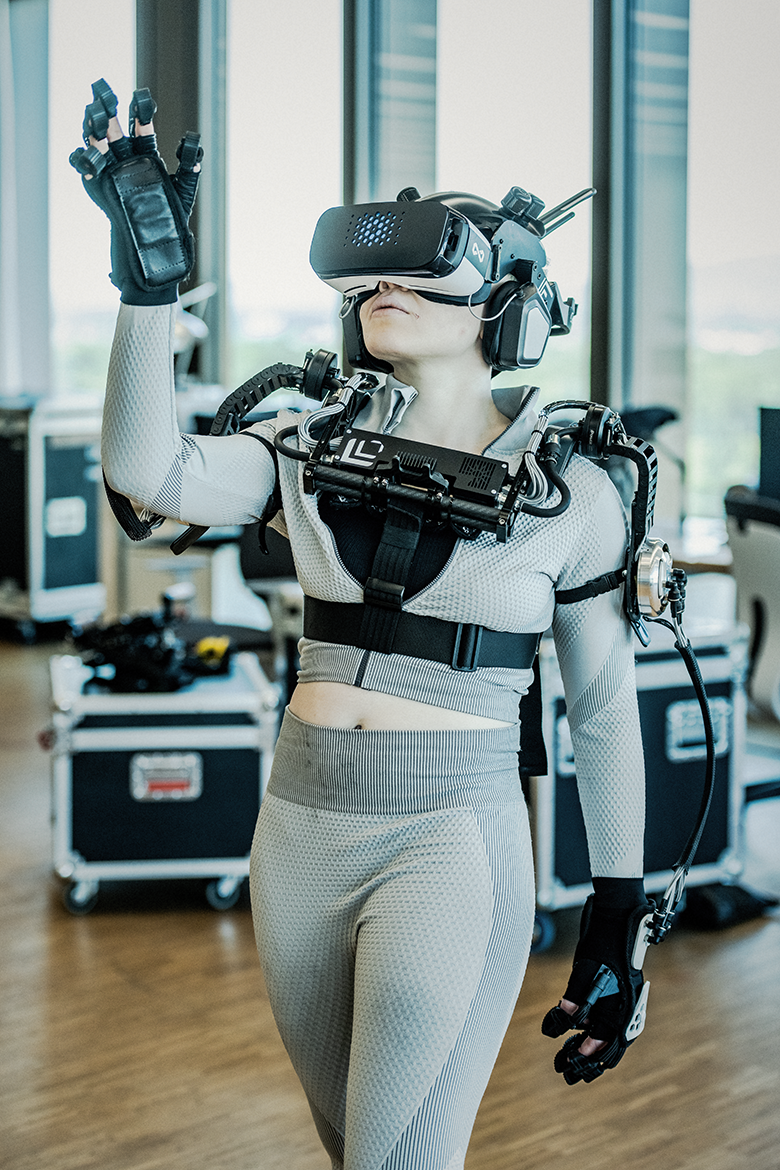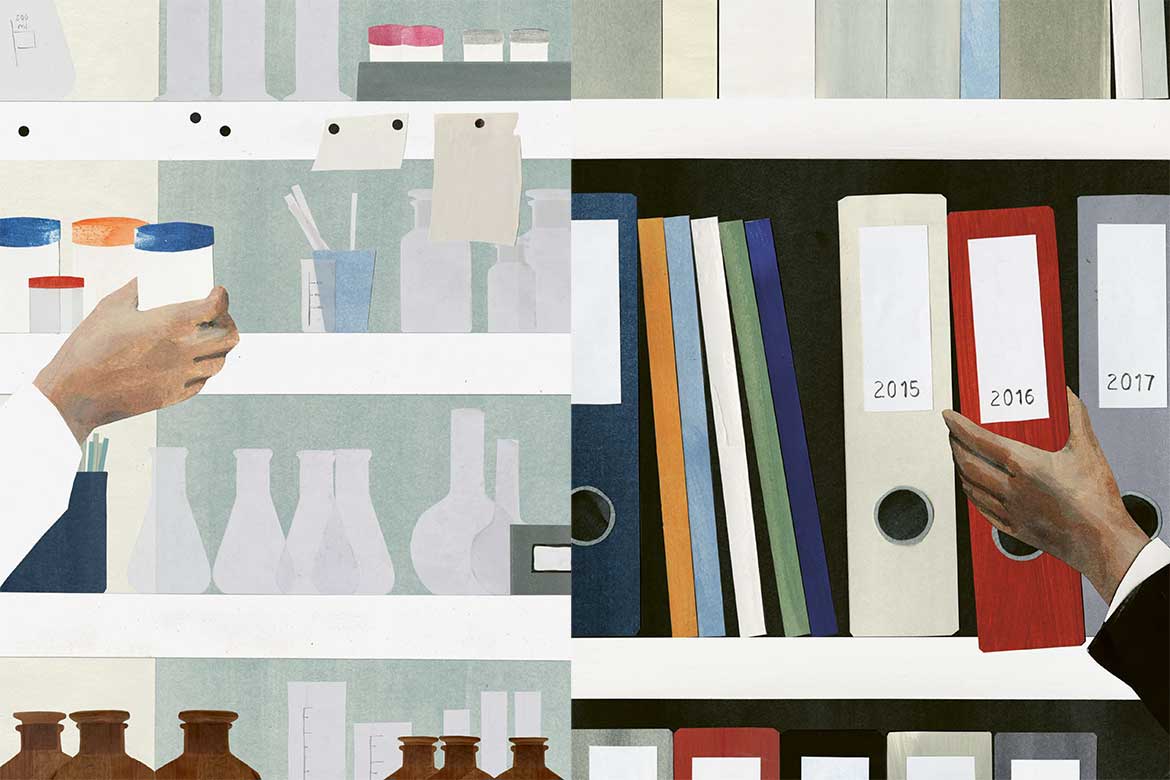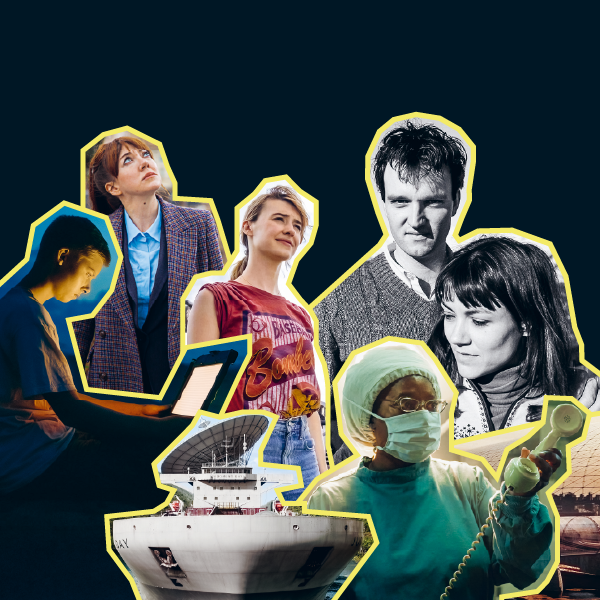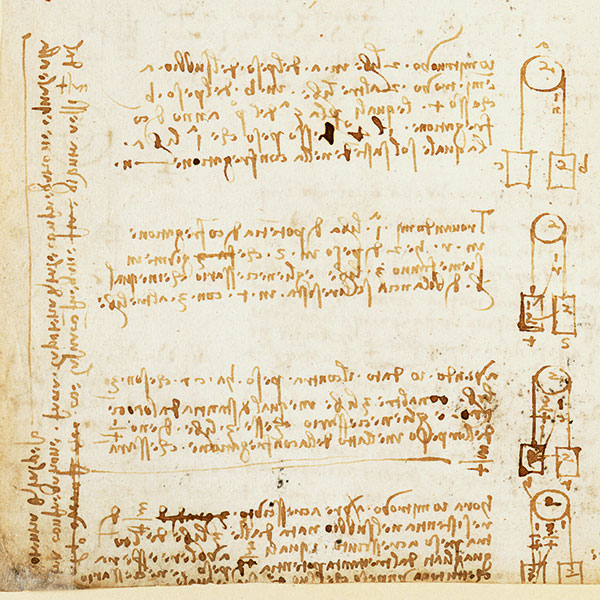Feature: Cinema, fact and fiction
When truth isn’t everything
Movies and science obey different laws. But researchers could make use of this fact, says Horizon’s joint editor-in-chief Florian Fisch.

Here, the research assistant Jay is using her avatar in the virtual world created by the IT professor Sonny. A scene from the filmset of the sci-fi film ‘Electric Child’. | Image: Michel Gilgen
In the 2015 blockbuster ‘The Martian’, an astronaut is caught in a sandstorm and subsequently abandoned by his team on the planet Mars. Such an event could never happen, because the Martian atmosphere is just too thin for storms like that to occur. In the same year, the BBC TV series ‘The Last Kingdom’ erroneously showed Anglo-Saxons bearing rectangular shields instead of round shields in their battles with Vikings. It’s not difficult for anyone with specialist knowledge to spot scientific or scholarly errors in a feature film.
But ‘error’ is not the word we should be using. The only real offence that film-makers can commit is to make a boring film. If they need a sandstorm to get the plot going, then the script has to have one. If the shape of the shields in an early mediaeval battle can help the viewers to orient themselves better, then the filmmakers have fulfilled their task according to all the rules of art.
Science and film are situated at opposite ends of the spectrum. In science, everything has to be as true and detailed as it can be, though only a few people might actually understand it. In the movies, everything is about achieving maximum entertainment value. Films are often based on true events, but pay little attention to veracity if it gets in the way of the story.
Those who are involved in science communication witness these contradictions every day. Science communication aims to inform the general public, but at the same time it has to remain discriminating and accurate. But that can’t really function properly. Telling stories with science always means making compromises between truth and entertainment.
If you want your research to reach a really large part of the population, you’ll have to turn to the movie industry. Just how this works out in practice is the focus of our Feature articles in this issue of Horizons, where we take a closer look at the complicated relationship between science and film.




